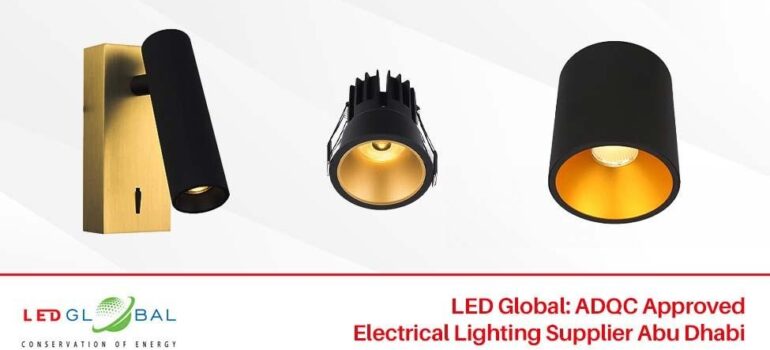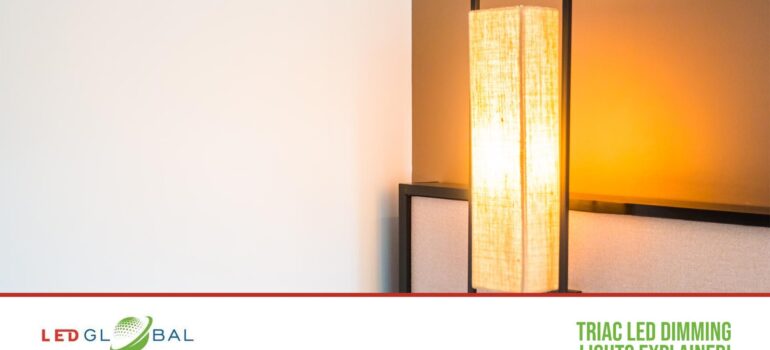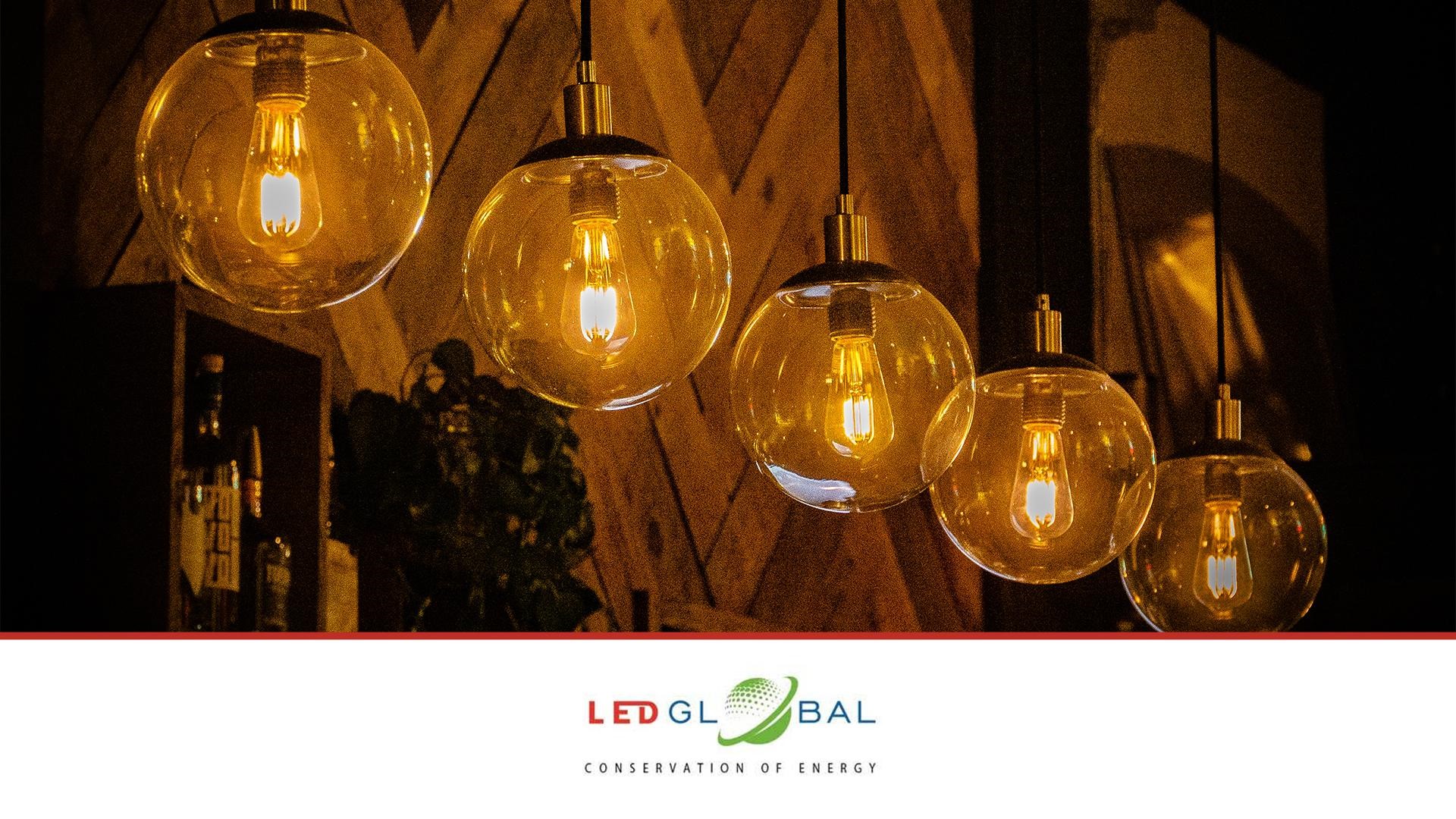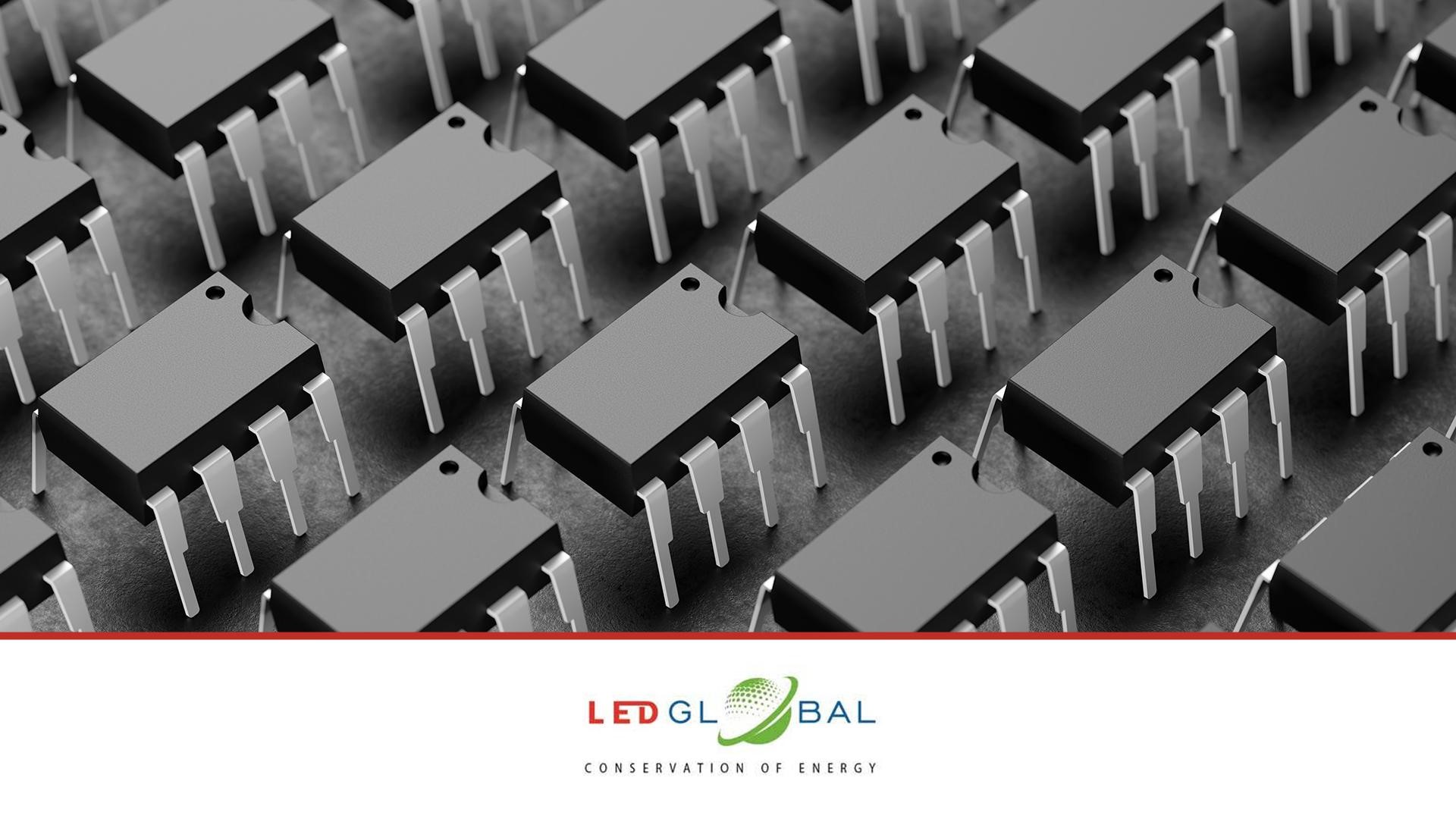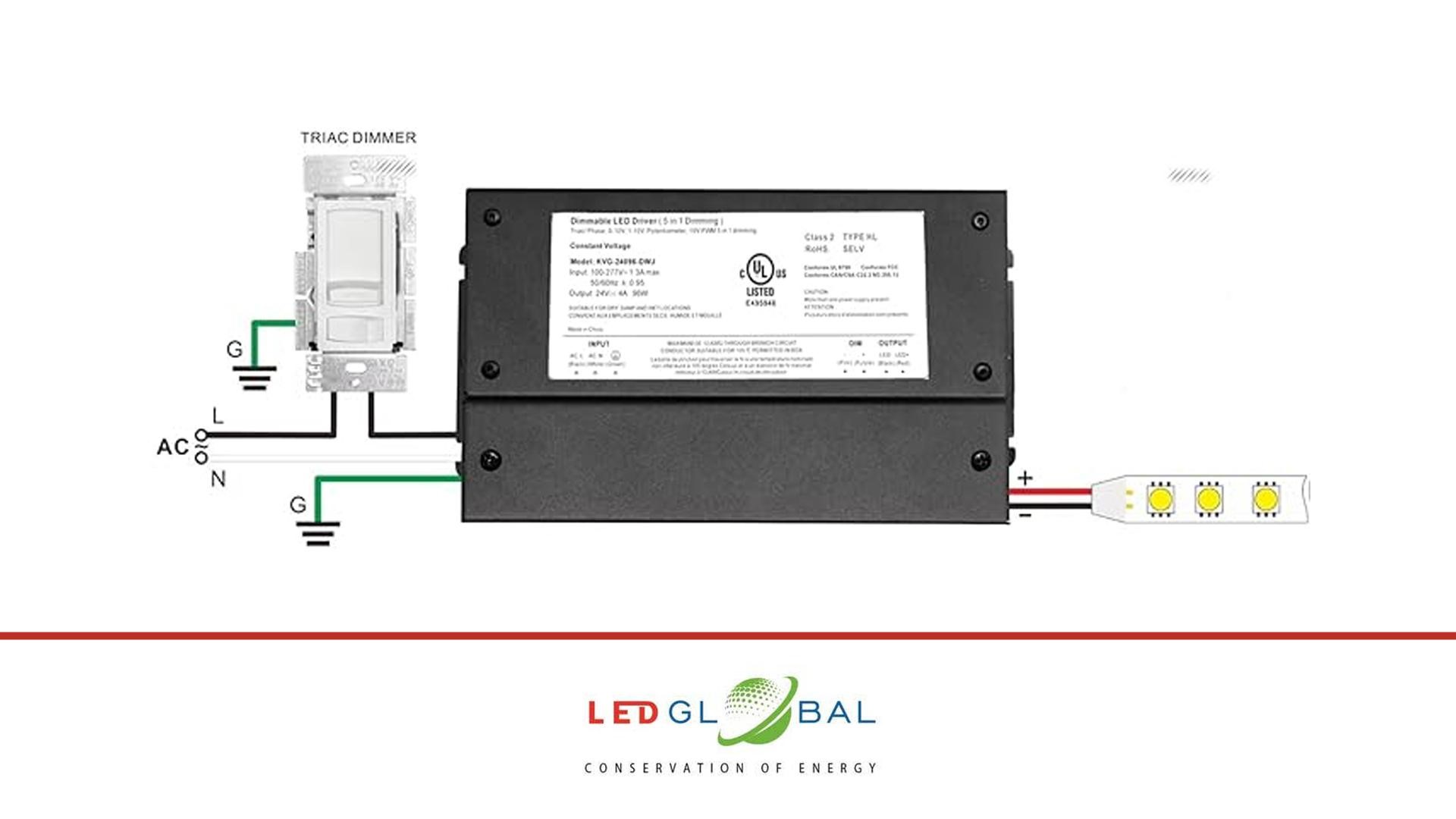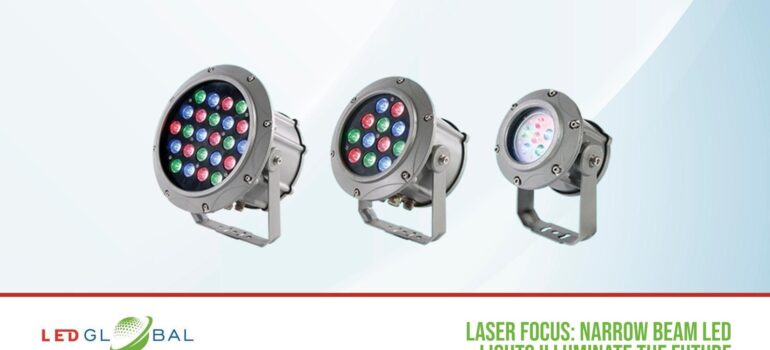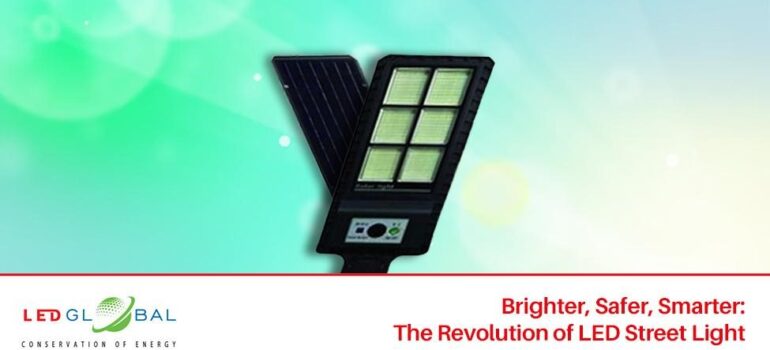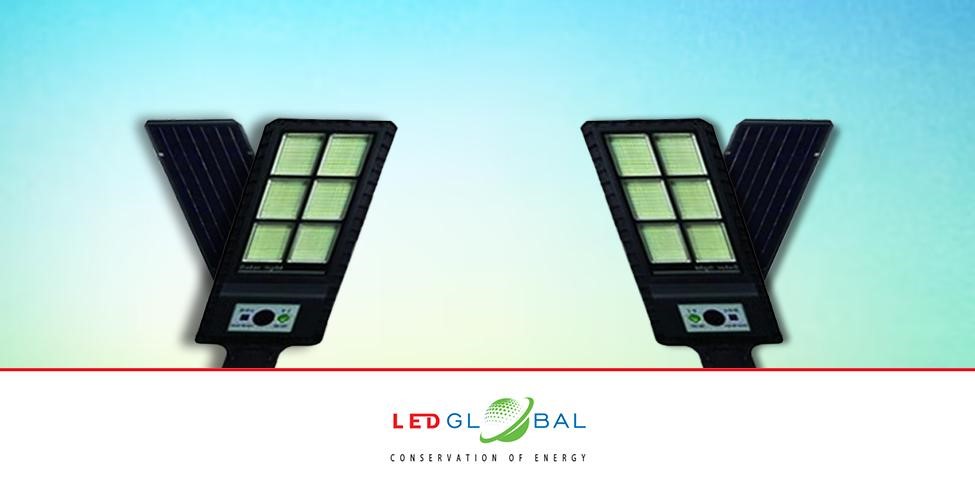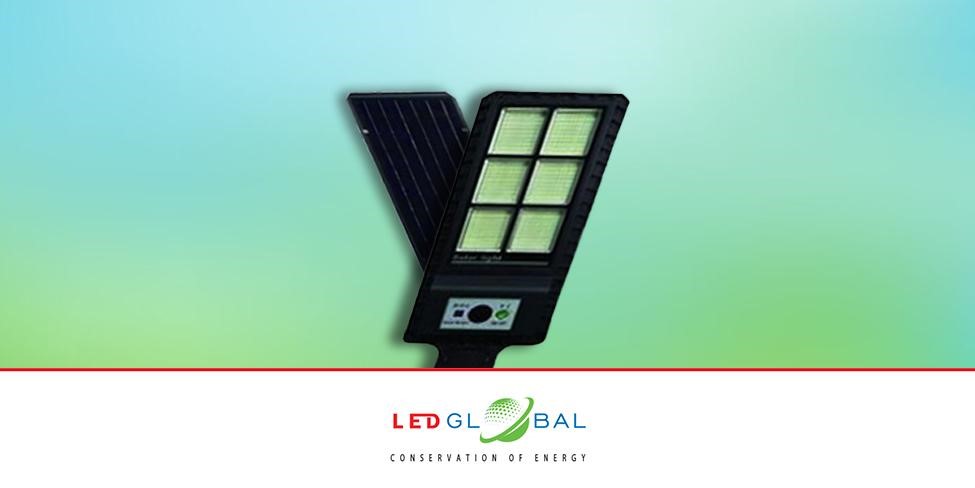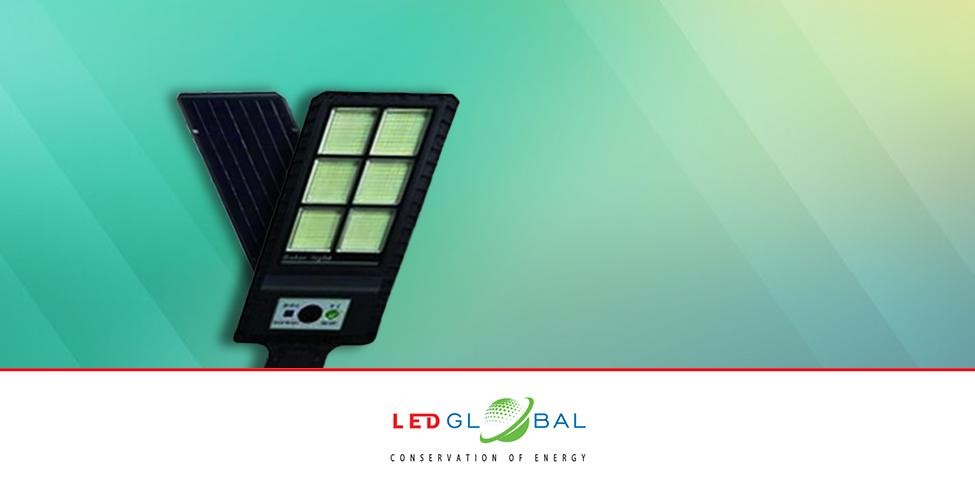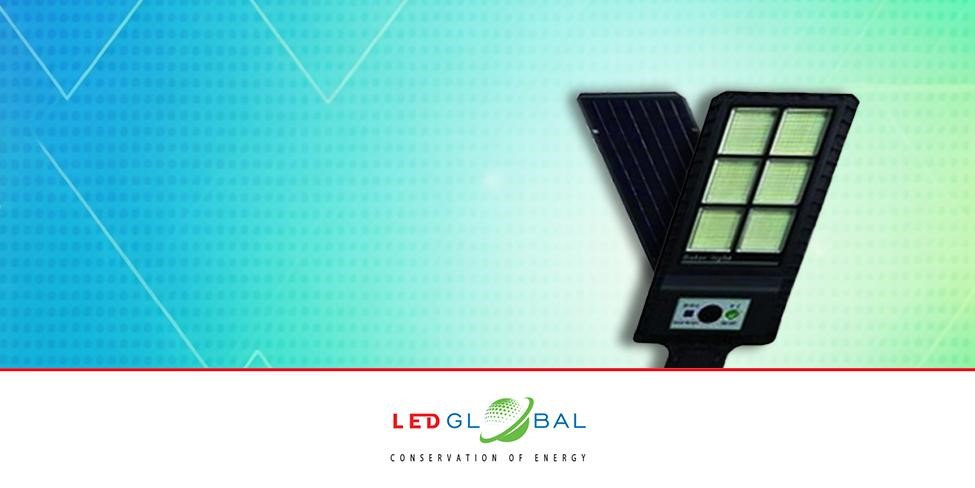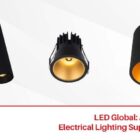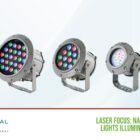LED Global: ADQC Approved Electrical Lighting Supplier Abu Dhabi
LED Global is a prominent electrical lighting supplier Abu Dhabi, renowned for its unwavering dedication to excellence and adherence to the highest quality and performance standards. As an approved supplier by ADQC, LED Global guarantees that each product meets stringent quality benchmarks, showcasing its commitment to delivering top-tier lighting solutions.
Established with the aim of revolutionizing the lighting industry in the UAE, LED Global has consistently prioritized innovation, reliability, and customer satisfaction. The approval from ADQC, the Abu Dhabi Quality and Conformity Council, serves as a testament to the company’s steadfast commitment to quality. This esteemed certification confirms that LED Global’s products not only comply with local regulations but also align with international standards, ensuring safety, efficiency, and longevity.
Importance of Quality and Performance in Lighting Products
LED Global recognizes the importance of quality and performance in lighting products, as they have a significant impact on various aspects such as energy consumption, aesthetic appeal, and operational safety. By offering high-quality LED products, the company not only helps reduce energy costs and environmental impact but also provides reliable and long-lasting lighting solutions for commercial, residential, and industrial spaces.
Additionally, the performance of lighting products directly influences productivity, comfort, and well-being. Inferior lighting can result in eye strain, decreased efficiency, and higher maintenance expenses. LED Global’s commitment to quality ensures that customers receive lighting solutions that improve visibility, create pleasant environments, and require minimal maintenance.
About LED Global
LED Global has positioned itself as a dominant player in the lighting sector, specifically acknowledged as a reliable provider of electrical lighting supplier Abu Dhabi. With a remarkable past and an unwavering dedication to advancement and superiority, LED Global has become synonymous with outstanding lighting solutions.
History and Background
LED Global was established with the aim of revolutionizing the lighting sector in the UAE. Starting as a modest business, the company has evolved into a significant contender in the field. Initially concentrating on the import and distribution of top-notch lighting fixtures, LED Global swiftly became known for its dependable service and superior products. As time passed, LED Global broadened its offerings to include electrical supplies, distribution gear, cables, wires, and all-encompassing lighting options. This expansion was driven by a profound comprehension of market demands and an unwavering commitment to perfection.
Mission and Vision
LED Global is committed to its mission of providing innovative and high-quality lighting solutions that enhance the spaces they illuminate. This mission is the driving force behind every aspect of the company’s operations, from product selection to customer service. LED Global strives to meet the diverse needs of its clients and ensure that each project benefits from cutting-edge technology and exceptional performance.
In addition to its mission, LED Global has a vision to become a leader in the lighting industry in the UAE and beyond. The company aims to set new standards for quality and service, making it the preferred choice for clients seeking reliable and energy-efficient lighting solutions. LED Global achieves this by continuously exploring new technologies and maintaining stringent quality controls. Through its dedication, LED Global aspires to contribute to a brighter and more sustainable future.
Product Range and Services
LED Global, an esteemed provider of electrical lighting supplier Abu Dhabi, presents an extensive array of products and services tailored to cater to the varied requirements of its clientele. The company’s wide-ranging portfolio encompasses electrical materials, distribution equipment, cables and wires, wiring accessories, light fixtures, industrial switches and fusegears, as well as LED lights and accompanying accessories. With this diverse product offering and unparalleled service, LED Global stands out as a frontrunner in the lighting sector.
Electrical Materials and Distribution Equipment
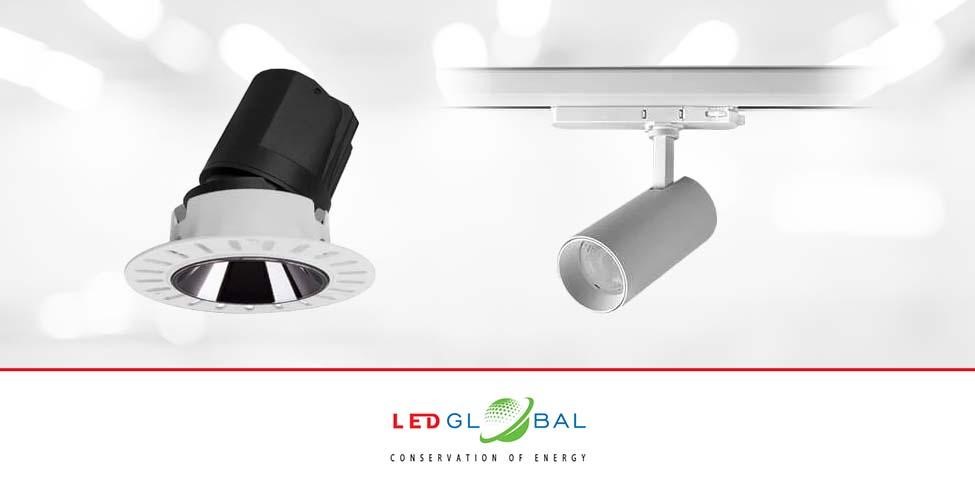
LED Global offers a diverse range of electrical materials and distribution equipment that are crucial for the secure and effective operation of electrical systems. These offerings encompass circuit breakers, distribution boards, panel boards, and transformers, all procured from reputable manufacturers to guarantee dependability and optimal performance. The company’s distribution equipment is specifically designed to accommodate different electrical loads, thereby ensuring safety and efficiency across residential, commercial, and industrial settings.
Cable and Wires, Wiring Accessories
Cables and wires play a crucial role in every electrical system, and LED Global provides a wide range of options to cater to various needs. Their product range consists of power cables, control cables, instrumentation cables, and data cables, all produced with top-notch quality. Moreover, LED Global also offers a diverse selection of wiring accessories like connectors, terminals, and cable management solutions to guarantee seamless and effective installations.
Light Fittings and Industrial Switch & Fusegears
LED Global offers a diverse selection of light fittings, ranging from simple fixtures to intricate designs, catering to a wide range of needs. Whether it be for residential, commercial, or industrial settings, their light fittings are crafted to deliver superior lighting and elevate the visual appeal of any area. Moreover, LED Global provides industrial switches and fuse gears, essential components for safeguarding electrical circuits against overloads and short circuits. These items are engineered to endure tough conditions, guaranteeing the reliability and durability of electrical systems.
LED Lights and Accessories
LED Global is a leading provider of LED lighting technology, offering a diverse selection of LED lights and accessories. Renowned for their energy efficiency, durability, and top-notch performance, the company’s LED products range from bulbs and panels to strips and specialized solutions for various purposes. Crafted to meet stringent quality and performance standards, these products deliver reliable and cost-effective lighting solutions to customers.
Moreover, LED Global goes beyond product offerings by providing extensive support services. With a team of skilled engineers and technicians, the company assists clients with product selection, system design, installation, and maintenance. This dedication to customer service ensures that each client receives tailored lighting solutions that best suit their individual requirements.
Quality Assurance
LED Global prioritizes quality assurance in all our operations. As a prominent electrical lighting supplier Abu Dhabi, we dedicate ourselves to delivering products that adhere to the most stringent quality and performance criteria. Our endorsement by the ADQC (Abu Dhabi Quality and Conformity Council) serves as a testament to our unwavering dedication to excellence and distinguishes us within the sector.
ADQC Approval: What It Means
The approval from ADQC serves as a prestigious recognition of our commitment to upholding rigorous quality and safety measures. This accreditation guarantees that our products not only adhere to, but surpass the standards mandated by local regulatory bodies. Clients can rest assured that they are choosing lighting solutions that are dependable, secure, and of top-notch quality. Moreover, the ADQC approval underscores our unwavering dedication to upholding excellence across all facets of our business operations, spanning from procurement and production to delivery and customer support.
Standards of Quality and Performance
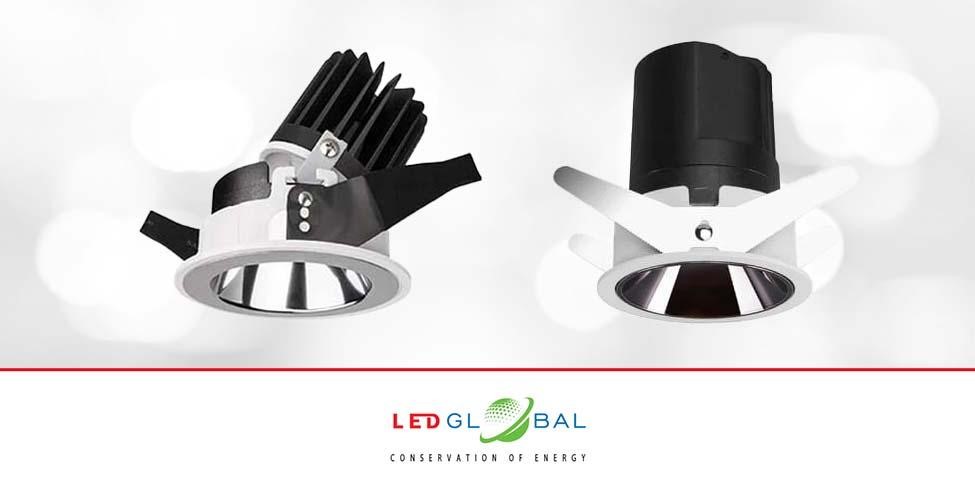
Our commitment to excellence is reflected in the meticulous design and production of our products, which are crafted to meet the most stringent quality and performance criteria. Through thorough testing and quality assurance measures, we guarantee that each product delivers optimal and safe performance across different environments. Emphasizing durability, efficiency, and innovation in our lighting solutions, we strive to deliver long-lasting performance and substantial energy efficiency. Our dedication to quality shines through in every product we deliver, ensuring that our customers receive nothing but the finest.
Brands and Products Offered
LED Global works in partnership with renowned brands in the industry to provide a wide variety of products. Our collection comprises high-quality LED lights, electrical materials, distribution equipment, cables, and wiring accessories. We carefully select each product based on its reliability, performance, and overall quality to cater to the diverse requirements of our clients. Through our collaborations with leading brands, we are able to offer innovative and dependable solutions that are at the forefront of technology.
Professional Expertise
LED Global is renowned for its exceptional professional knowledge, which has played a pivotal role in establishing itself as a prominent provider of electrical lighting supplier Abu Dhabi. The profound expertise of our leadership team in the GCC region, coupled with our cutting-edge assembling facility, forms the foundation of our ability to provide unparalleled lighting solutions of the highest caliber.
Leadership Team and Experience in the GCC Region
Our team of leaders consists of experienced professionals who have spent decades working in the electrical and lighting industries in the GCC region. This extensive expertise enables us to comprehend the distinct challenges and demands of the local market, enabling us to customize our offerings to meet these specific requirements. Our team’s strategic vision and profound industry insights have played a crucial role in leading LED Global to its current status as a reliable supplier. Their dedication to excellence and ongoing enhancement fuels our company’s innovation and guarantees our competitive edge in the market.
High-End Assembling Facility
Our state-of-the-art assembly plant showcases our commitment to excellence and precision. Staffed by skilled technicians and equipped with cutting-edge technology, this facility empowers us to manufacture a diverse array of lighting solutions with unparalleled accuracy and efficiency. This not only guarantees the superior quality of our products but also allows us to tailor solutions to suit our clients’ unique requirements.
The facility’s sophisticated equipment and stringent quality control procedures ensure that each product we assemble adheres to the highest standards of performance and longevity. Every stage of the process, from initial design to final assembly, is meticulously overseen to ensure that our lighting solutions deliver optimal performance and dependability. Additionally, our assembly plant facilitates the maintenance of a robust inventory, enabling us to promptly and effectively meet our clients’ needs.
Industry Verticals Served
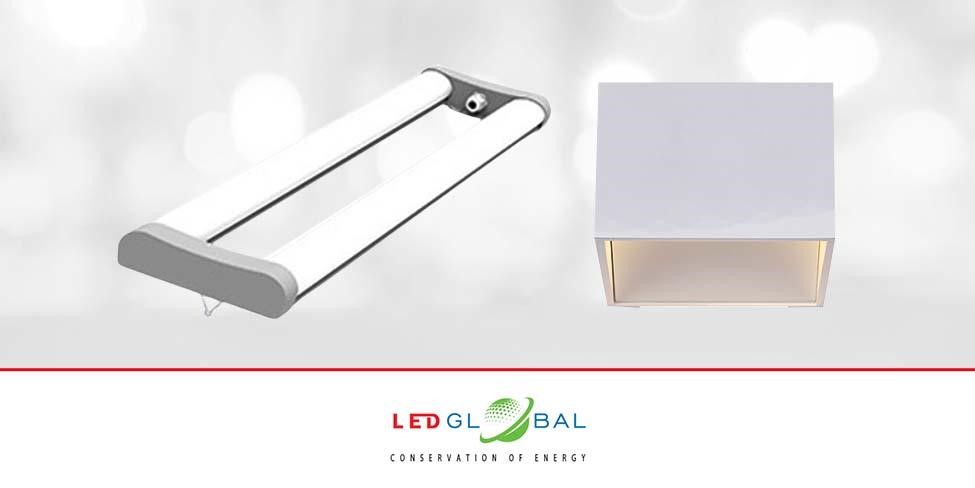
LED Global is a top-tier provider of electrical lighting supplier Abu Dhabi, serving a wide array of industry sectors. Our broad range of products and tailored lighting options are crafted to fulfill the distinct requirements of different fields, guaranteeing efficient lighting, energy conservation, and visual attractiveness. Below are some of the major industries we cater to:
Hotels and Resorts
Lighting is an essential element in establishing the perfect atmosphere in hotels and resorts. At LED Global, we specialize in offering top-notch LED lighting solutions that elevate the guest experience by crafting warm and cozy surroundings. Our extensive product lineup includes sophisticated chandeliers for lobbies, as well as energy-efficient lighting options for guest rooms and outdoor spaces, guaranteeing a lavish and hospitable ambiance.
Retail Shops and Restaurants
Lighting plays a crucial role in the success of retail shops and restaurants as it has the power to attract customers and showcase products effectively. Our range of LED lighting solutions is specifically crafted to elevate the visual allure of merchandise, provide a delightful shopping experience, and enhance visibility in dining areas. Whether it’s accentuating displays with focused lighting or creating a warm and inviting atmosphere in dining spaces, our products enable businesses to curate the ideal ambiance that ultimately leads to increased sales and heightened customer satisfaction.
Museums and Offices
Museums and offices necessitate lighting that is practical and visually appealing. Adequate lighting is vital in museums to showcase exhibits without harm, and in offices, it is crucial for fostering a productive workspace. LED Global provides tailored lighting options for these environments, such as adaptable spotlights for museums and energy-efficient, anti-glare lighting for office areas, guaranteeing ideal illumination for both communal and personal spaces.
Private Residences and Government Organizations
Our lighting solutions for private homes aim to improve the comfort and aesthetics of living areas. Whether it’s elegant lighting for lounges or practical solutions for kitchens and bathrooms, we offer a range of products that cater to the unique requirements of homeowners. In addition, we provide government organizations with resilient and dependable lighting solutions that adhere to strict regulatory standards, guaranteeing safety, efficiency, and longevity in public buildings and infrastructure.
Why Choose LED Global?
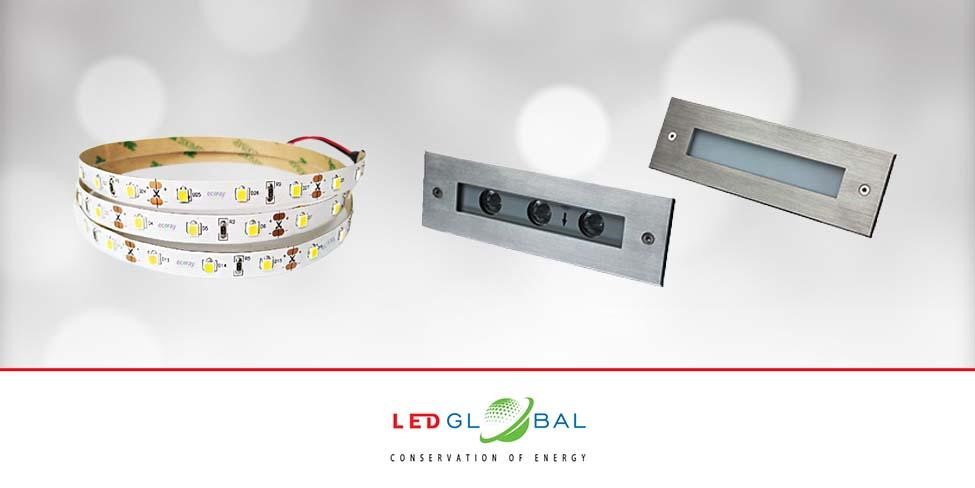
LED Global is the preferred electrical lighting supplier Abu Dhabi Our dedication to excellence, comprehensive turn-key lighting solutions, and top-notch products and services set us apart as the ideal partner for all your lighting requirements.
Commitment to Quality and On-Time Delivery
At LED Global, we prioritize quality above all else. Our dedication lies in delivering lighting solutions to our clients that adhere to the most stringent standards of performance, safety, and longevity. Each stage of our production process, from material selection to manufacturing, is carefully overseen to guarantee that our offerings surpass the expectations of our customers. Additionally, our committed logistics and distribution team works tirelessly to ensure prompt delivery of orders, enabling our clients to fulfill project deadlines and specifications seamlessly.
Comprehensive Turn-Key Lighting Solutions
LED Global provides customized lighting solutions to meet the individual needs of every client. Our team of professionals can assist with all aspects of your project, including design, installation, maintenance, and support. By working closely with our clients, we ensure that our solutions are tailored to deliver the best results possible.
World-Class Products and Services
Our commitment to quality is evident in the exceptional products and services we provide. We collaborate with renowned industry brands to deliver state-of-the-art lighting solutions that embody innovation, efficiency, and dependability. Furthermore, our team of skilled engineers and technicians is fully committed to delivering outstanding service and support throughout the entire project, guaranteeing utmost satisfaction for our clients.
Conclusion
LED Global is recognized as the leading electrical lighting supplier Abu Dhabi, showcasing superiority through strict quality measures and an unmatched dedication to meeting customer needs. Through our ADQC certification, wide array of products, and expert knowledge, we provide high-quality lighting options for various sectors. Count on LED Global for exceptional quality, dependability, and cutting-edge lighting solutions.

